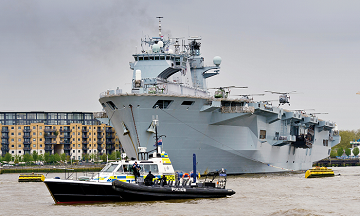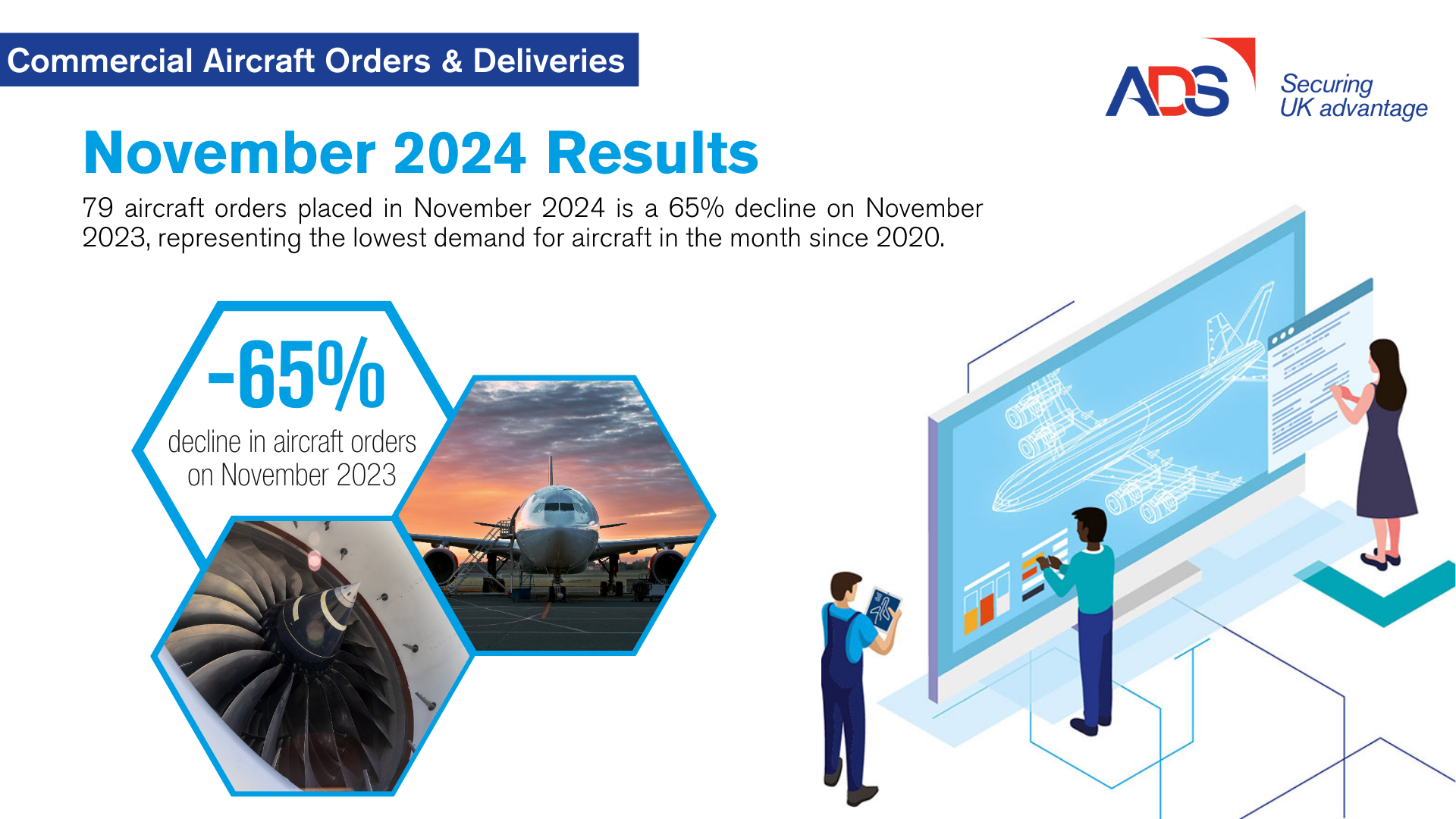
Written by Matt Hogsden, Industry Secondee
It’s often said about buses that you wait ages for one, and three come along at once. The same could be said about Government reviews for the UK’s Defence and Security industries, with work being done on the Defence & Security Industrial Strategy (DSIS), the Integrated Review (IR) of Foreign Policy, Defence, Security and Development, and the Comprehensive Spending Review (CSR). In this blog we take a look at each and discuss why they are important for new professionals.
The CSR will allocate funding for all Government departments up to Financial Year 2023/24, providing certainty for planning and budgeting. We expect that a central theme will be strengthening the UK’s economic recovery from COVID-19 through investment in jobs & skills, whilst covering other Government concerns such as Levelling Up across the UK and making the country an S&T Superpower. The CSR is expected to be published in the Autumn.
As the widest ranging Government review of the UK’s place in the world since the end of the Cold War, the IR will outline the country’s use of defence, security and foreign policy to protect national interests. It is being centrally coordinated by the Cabinet Office and Downing Street and will be much broader than previous defence and security reviews, including military and civil resilience, emerging domains such as space and cyber, and the UK’s use of data, Science & Technology (S&T). Announced in February but delayed due to the pandemic, we expect that it will be issued around the same time as the CSR and be directly aligned in content.
Led by a cross-Government team, the DSIS will set out the strategic approach to how it will work with our industries in the coming years. Industry hope it will set a plan for enabling globally competitive defence and security industries; outlining a more collaborative relationship between industry and Government which boosts innovation, productivity, prosperity and skills. There has been good progress and engagement since the start of the year, and it is expected to be published after the IR and CSR to reflect these decisions.
All three are important to the future workforce as they will set the capability and spending decisions for current and future programmes, giving companies confidence to invest in these areas and inspiring new professionals to pursue careers defence and security.
A common thread across them is tackling the UK’s skills gaps, both in specific disciplines (e.g. marine engineers, cyber security analysts), as well the general shortage of technical personnel. With many appealing sectors outside of defence and security, attracting the next generation requires a dynamic and agile way of working between Government and industry. Improving the assessment of future workforce needs enables businesses to invest in recruiting and developing apprentices and graduates.
Another cross-cutting theme is revitalising the S&T landscape. Opening up innovation to non-traditional companies through greater cross-sector collaboration will maximise investment and studies into novel technology such as Artificial Intelligence, Big Data, quantum computing, and advanced material. These could be exploited in wide range of military and civil applications such as cyber and information security, electric and hybrid propulsion, autonomous guidance and hypersonic vehicles. This cross-sectoral approach is important as it broadens the sources of funding, facilitates sharing of best practice and utilises regional and technological hubs, further boosting skills by providing funding for cutting-edge capability.
Through enabling a forward-thinking industry and funding world-leading technologies into next decade, the reviews can inspire new professionals to careers in defence and security.
For more on the DSIS, IR and CSR, read some of our other blogs:





